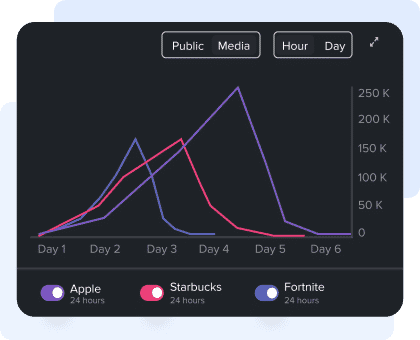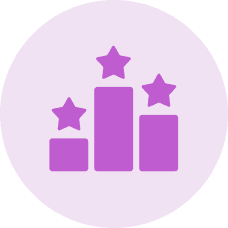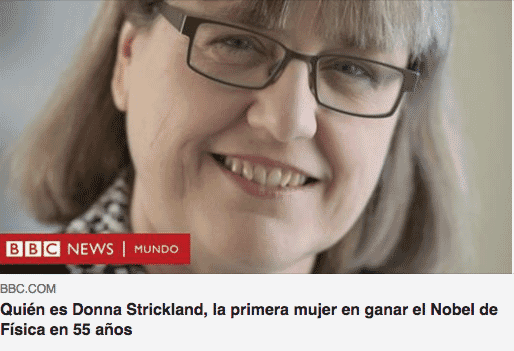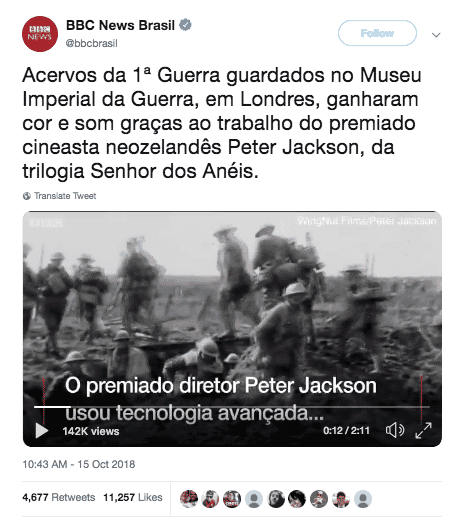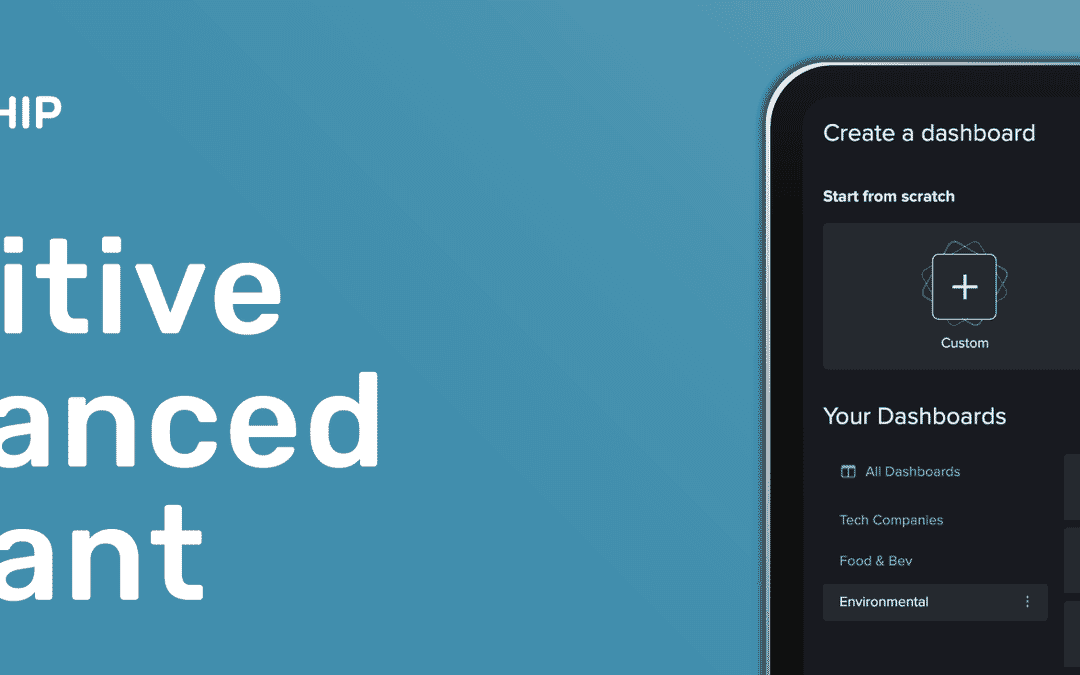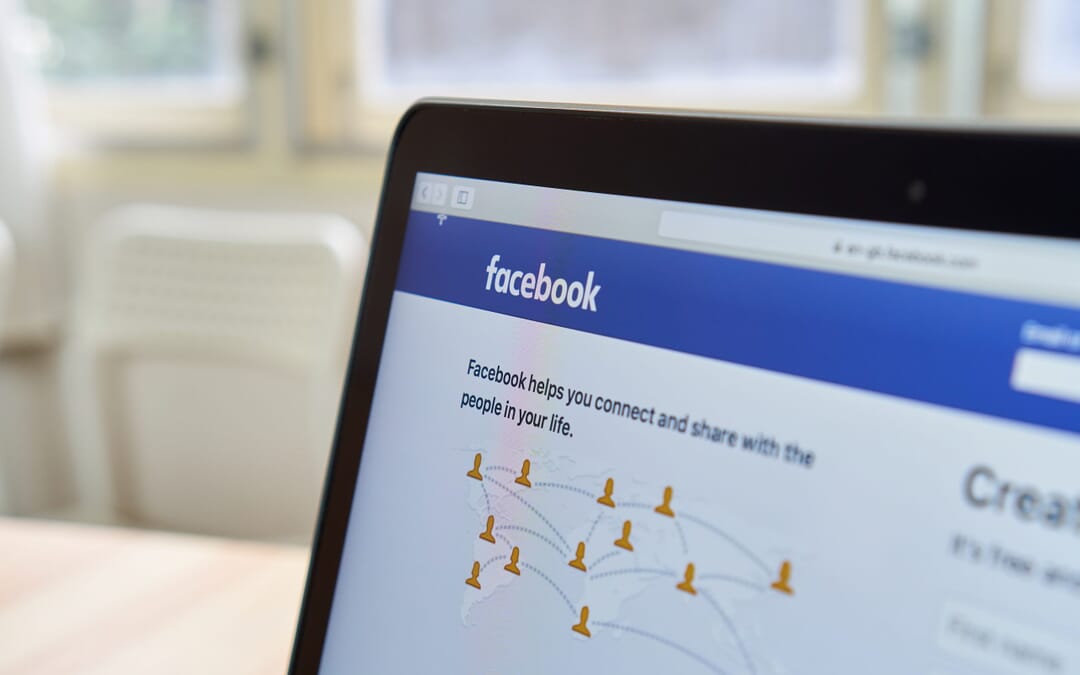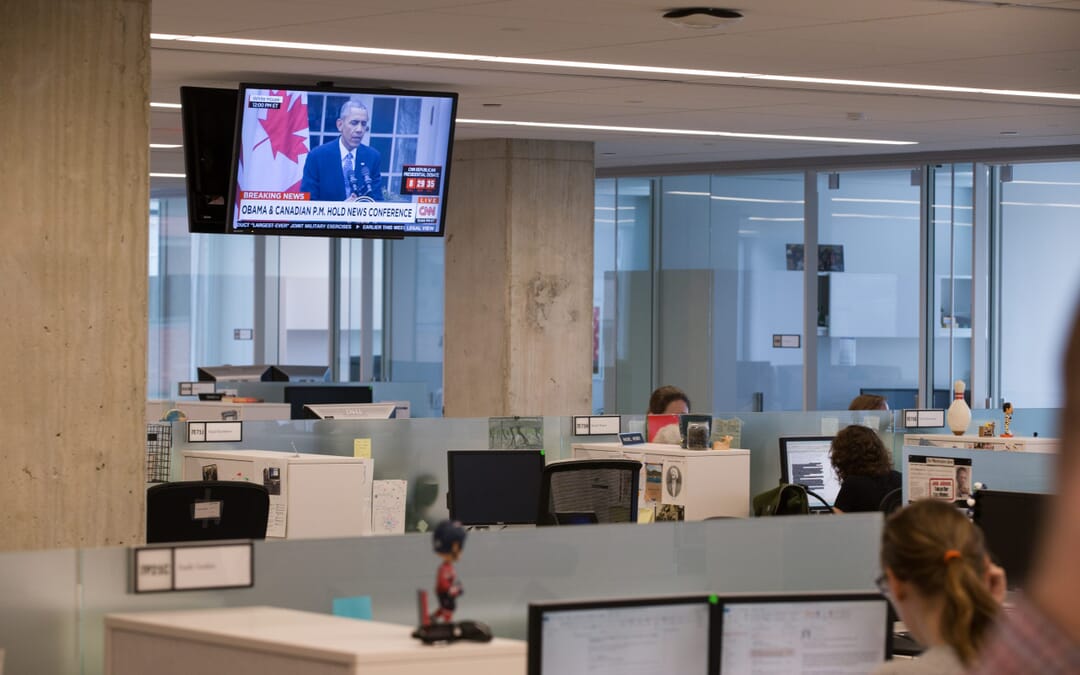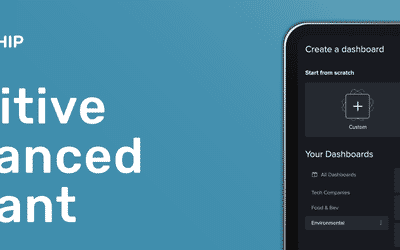By 2022, 6 billion people are expected to be online, with many coming from developing countries or going online via mobile devices. Here’s how BBC World Service is expanding to reach them all.
Digital transformation is the name of the game for BBC World Service. The international BBC branch plans to increase its reach to 500 million by 2022, largely through digital.
Just this June, BBC World Service increased its reach by 10 million to 279 million, now reaching audiences in 41 languages in addition to English.
We talk to Dmitry Shiskin, the digital development editor at BBC World Service. Dmitry has guided the evolution of World Service into the digital age, ensuring the continuing rapid increase in online reach and engagement.
Dmitry filled us in on how BBC World Service is expanding to new markets around the world.
Can you tell us a bit about the work you’re doing developing BBC’s digital strategy across 41 non-UK language news teams?
Dmitry: We have finished the rollout of 12 new BBC News sites in foreign languages in April this year with the launch of BBC News Serbian, now we have output in 41 languages plus English.
Since then, once the active phase of digital expansion finished, my team and I concentrated our efforts on key areas of digital publishing that are useful for the whole portfolio. These areas include planning and storytelling, digital video, social media, data in newsrooms and using creative tools properly.
Are there any differences in implementing those new digital strategies, region by region?
Different regions offer different challenges – in some parts of the world our brand might be very strong, and people would come to us directly and in others – less so, so our editorial strategy must be adapted accordingly.
For example, BBC News Mundo – our most successful service, in Spanish for Latin America, decided a few years ago to concentrate on producing “added-value content” – pieces with specific angles on the news agenda of the day that would be of value to Latin American audiences that are likely to know what’s happening in the world and in their countries before coming to BBC News Mundo.
This article “Who is Donna Strickland, the first woman to win the Nobel Prize in Physics in 55 years” has drive 80k Facebook engagements for BBC Mundo.
Teams working in many African or Asian languages provide their audiences with coverage that local users otherwise won’t get from local media. For example, the BBC’s Chinese news website is blocked in China, and that naturally affects the way to interact with audiences there, too.
Our job is to help BBC News language teams apply digital skills to serve their audiences the best they can – and we always consider local circumstances.
What’s the objective of BBC World Service’s expansion?
BBC’s publicly declared goal is to reach 500 million people – that’s unique people, not browsers or users, de-duplicated between those who consume us on various platforms, by 2022. That number includes TV, radio, digital platforms in all languages, including English, and language teams have their significant share of reach to contribute.
The World Service is known to audiences around the world for its trusted, impartial, independent content, we are the most diverse news organisation in the world and we believe that the more people globally consume us, the better.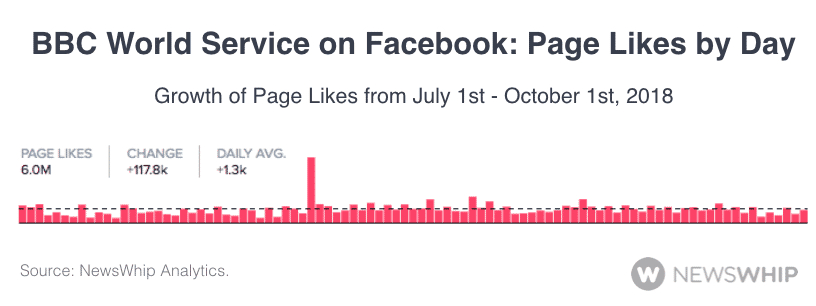
In some cases the expansion directly addresses the lack of free information in certain parts of the world, in others it builds on existing BBC audiences, going deeper or wider. Investment also requires us to do more to reach more young people and women, as in many cases our audience is still skewed male.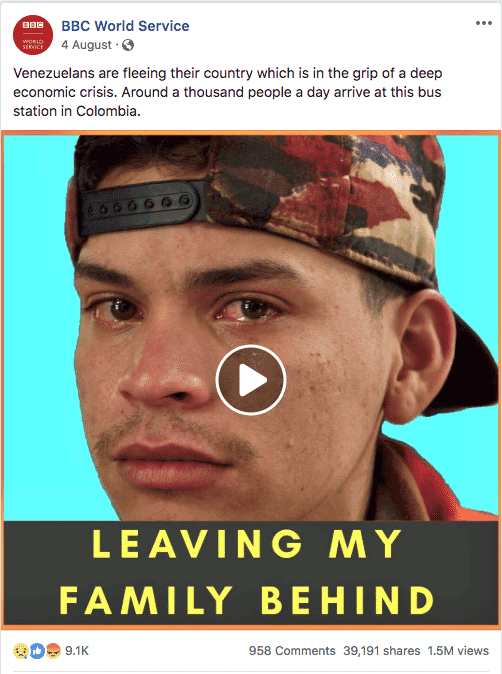
This Facebook video led to an increase of 6.1k followers for the BBC World Service on the day it was posted.
In addition to the comprehensive reporting we are known for, we are also diversifying our editorial offering by providing more explanatory journalism that gives people new perspectives on topics or provides solution-focused journalism which we know interests young people a lot.
Can you tell me about a day in the life for your team at BBC World Service?
I run a team of digital practitioners; there are 13 of us – and we all have pan-World Service digital responsibilities. We are all practical strategists or strategic practitioners, all with a background as editors, so we know newsrooms very well.
Four people look after social media strategy for all teams across the World Service languages, three are looking after digital video, two are responsible for tools and products, while there are also three generalists who work on diverse projects between them. We all serve the same clients, and we are all self-starters and self-organisers.
My typical day consists of around 8-10 distinct activities covering both macro- and micro-issues, and they can be either language-specific (for example, helping a language team to diversify their agenda) or relate to World Service digital direction as a whole (for example, recently we approved a strategy for our language teams’ presence on YouTube.
We also travel quite a bit. There are 20 World Service language teams based outside of the UK, so everyone in my team is likely to be on the road around once a quarter – delivering digital training, embedding themselves with teams to check on how best practice is applied etc. We also do joint projects with other BBC departments such as Audience Engagement, NewsLabs, Visual Journalism.
How important is social media and distribution to your strategy, and why?
We reach roughly as many people on social media platforms as we reach directly and via 3rd party syndication partner sites, so social media is incredibly important to us. Facebook and YouTube are the most important platforms, but we have been developing our presence on other platforms, where it makes sense – Instagram, Twitter, Telegram and many others.
This has been quite a year for social publishing. Can you tell us about how your team at BBC World Service has navigated it?
We have always prioritised and tracked only engaged reach on any social media platforms so we have not really been affected by changes of algorithms that much – our social referrals are roughly the same as they were last year, which, given all the drastic changes, is not bad at all, while the actual engagement on social media platforms shows about 20 percent growth against 52-week average for the portfolio.
YouTube is becoming really important so we are investing in dedicated regional and language-specific roles; Instagram allows you to reach demographics we are not able to reach otherwise; Twitter remains important for some markets. Diversification – of platforms and content – has been the word of the year, I’d say.
What makes BBC World Service unique on social?
Ultimately it’s all about the quality of content that we put out there. You can try all you like to promote or engage people with content that simply does not cut it, that is not inherently social, nothing good will come out of it.
So the message to editorial teams has been quite clear – social media is not an afterthought, where you simply create a publishing queue and optimise it until the cows come home, they need to rethink the way they commission content in the first place, make it social by default. This approach definitely works.
This tweet from BBC News Brasil uses a captioned video to capture attention on the social platform.
Take BBC News Brasil, for example, one of our top teams: they manage to pull 6-7 million people a week across all platforms, and it’s all down to proper planning, commissioning and real connection with audiences.
BBC News Hindi have completely turned themselves around in the last two years or so, all down to relevant, engaging, distinctive content, that brings value to users and differentiates us in what is one of the most crowded markets on the planet.
How do you measure your impact? How does that data change what you produce?
There are quantitative metrics and qualitative ones. Our Audiences Insights team has created a tool called Lumen (appropriately named after a measure of the quantity of visible light) that helps everyone to keep track on how we are doing across many KPIs and objectives.
We run digital quarterly reviews for each language territory, where we track what’s happening and create a plan of action which then is executed until the next quarterly review. Reach, engagement, gender balance, recirculation, tagging – all of that, and much more, is tracked and presented to editors in a very digestible way.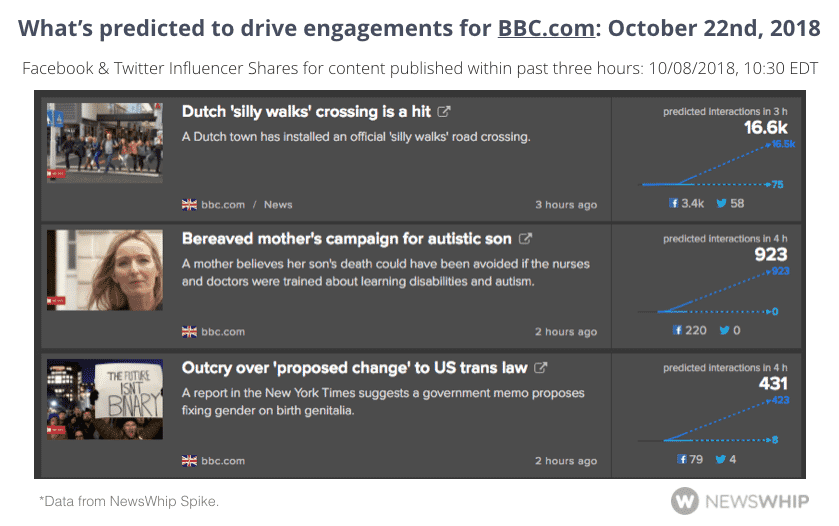
Another internal tool called Telescope, pulling data from Chartbeat, Comscore, Socialflow, is aimed at editors for their day to day use – it’s more actionable and helps both desk editors and producers to improve the performance of individual pieces of content on the day and provides some historical trends too.
We start our editorial meetings with discussing least performing stories from yesterday, to understand why and act on it, we use it in planning and commissioning meetings.
We have a nine-strong group of “growth editors” with a regional remit, responsible for anything between one to/and six teams. They are responsible, within editorial teams, for a number of strategic yet very practical projects, all of which are contributing to our improvement and growth.
What are some key attributes that BBC World Service content has to have?
Impartial, independent, unbiased – all these cornerstone values are of course there and they will always be. To answer your question, I’d like to concentrate on something relatively new and very inspiring.
About 18 months ago we adopted a truly transformative editorial strategy of “6 user needs”, and by sticking to it we are seeing growth in almost all of our sites and social media channels. In my view, “6 user needs” research has been arguably the most transformative piece of editorial research that I have ever seen in my seven years helping BBC News to grow its international digital presence.
Having spoken to young people around the world, we realised that there are six distinctive reasons of why they would consume news – we called them user needs. Interestingly, “update me” need, our “bread and butter” for decades, is no longer sufficient on its own. While young people around the world do want to know about what’s happening, they want to know why and what it means, hence their interest in needs such as “educate me” and “give me perspective”.
The other three are “divert me” (as in “give me something else to read, not only stories about wars and conflicts”), “keep me on trend” (as in “what people on social media are talking about”) and “inspire me”, which is a key priority in many parts of the world.
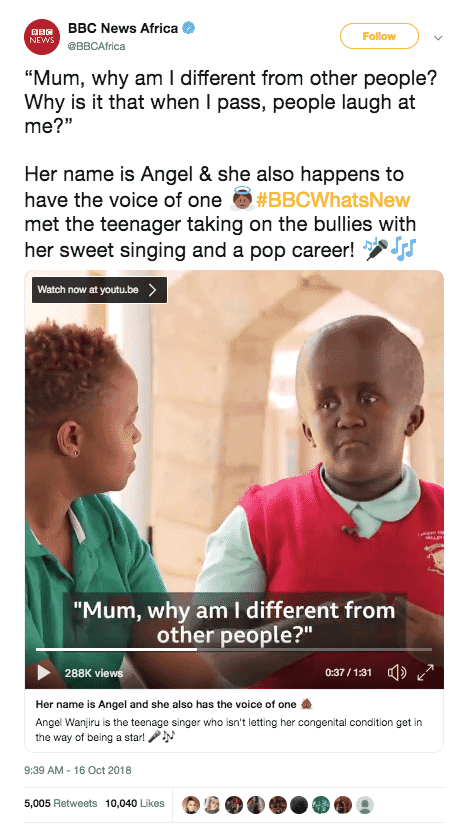
Adapting our editorial offer to these six needs has been transformative – time and time again we see that, by actively diversifying our thinking and commissioning, we are not only getting closer to the audience but are bringing them real value. This, in turn, helps with attribution and brand recognition.
What does your audience look like? Do you actively engage with them?
The expansion allowed us to invest in social media roles across the board, so now even the smallest teams have the ability of engaging people of social media.
In fact, just last September we gathered all our social media leads from all teams in London, which was the first time we had ever done it – they spent five days together, visiting social media platforms, discussing diversification, listening to external speakers, it was a brilliant forum. It is so important for all of them to feel like a part of the community, best practice-sharing network, support group.
There are not a lot of parts of the globe where our journalism is not present, either in English or in vernacular languages. So we are indeed, as they say, on radio, “the world’s radio station”, and in the wider, digital case “the world’s website”.
How do you manage strategy across your various different audiences?
In most of our international markets, serving audiences means connecting with younger people. The median age in Africa is 20, in India – 26, so we are talking to more younger people than ever before. Our editorial agenda and internal priorities need to reflect that and they do.
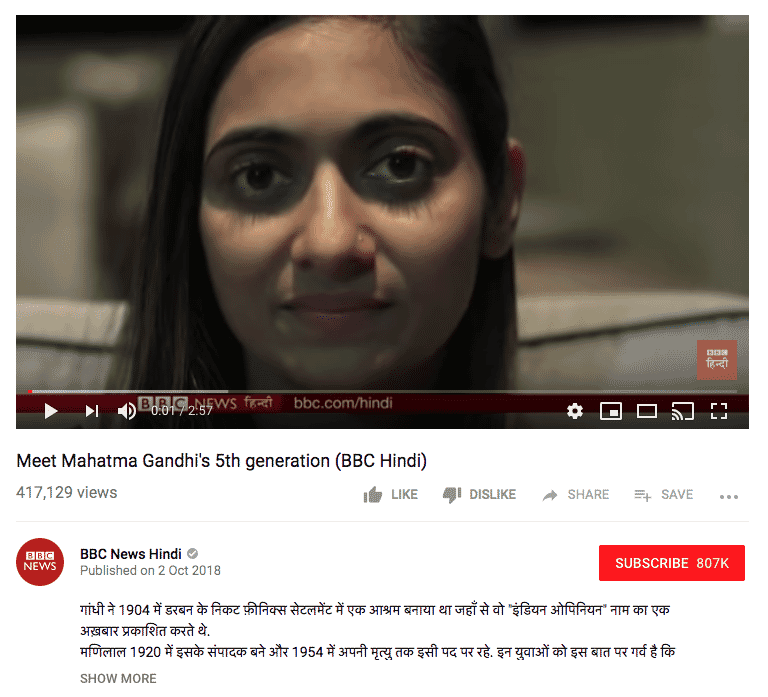 BBC Hindi’s top-viewed videos tend to be explainers, a popular trend we’ve seen on social.[/caption]Our rich editorial offering is equally good for those who consume news several times a day and those who would get online once a week. The editors of our language services know their audiences very well, and each of them has their own priorities, too. I often say, there is no such thing as “World Service Languages”, there are different BBC News teams serving the wold in English and 41 other languages.
BBC Hindi’s top-viewed videos tend to be explainers, a popular trend we’ve seen on social.[/caption]Our rich editorial offering is equally good for those who consume news several times a day and those who would get online once a week. The editors of our language services know their audiences very well, and each of them has their own priorities, too. I often say, there is no such thing as “World Service Languages”, there are different BBC News teams serving the wold in English and 41 other languages.
What are your challenges? How have you overcome them?
I dedicate about 80 percent of my time (and I think my team roughly does the same) to what is described as culture change.
Digital is an ever-changing environment, you are never “done” in digital, the job never ends, but priorities and techniques do change all the time. So we want our editors to be resilient and to welcome change, to nurture their direct reports into behaving in the same way.
The last seven years working in digital development, working in “matrix environment”, influencing people have been the hardest yet the most rewarding years of my career. Change is tremendously hard, but people in roles like mine, “the bridge roles”, as they are called in our industry, pulling everyone to the same strategic direction are crucial for any organisation that needs to transform itself.
Lots of people ask me about how I manage my work-life balance, how I manage and lead my team, what techniques I use to relax. It’s an area I spend a lot of time thinking about – in my mind, I have probably written a book about it, but the main things are these: surround yourself with people stronger and more knowledgeable than you are, trust them to deliver, empower them, never micromanage, be as transparent, fair and consistent as you can.
These are the basics that have allowed me to build the team which I personally consider to be the best team in BBC News. More on my style of leadership here.
Do you have any tips for other in content? A secret recipe?
The most important thing I learned is to always listen first – the more you talk, the less you learn. Don’t jump into situations trying to fix it immediately (I used to be like that, say, 10 years ago). Every story has a different angle. All people are good by nature.
The most impressive thing I learned recently was a quote from a very respected editor of a newspaper in Latin America, who, upon hearing ideas coming from his young members of staff trying to do cool things on YouTube, told them: “I disagree with everything you just said, but go and do it!” Learning from others makes you stronger – and I’ll be using this quote a lot from now on.
What are your goals? Is there anything you’re looking forward to?
My main goal has always been to build a system or a base which will allow all BBC News language teams to truly embrace the power of digital journalism thus making sure BBC World Service is an organisation that is fit for the future.
Platforms, technologies, and tools come and go, while content is created by people, the most important asset any organisation has. I’ve seen a tremendous amount of change happening in the last few years – teams embraced so many new techniques and ways of working, so I know that we are on the right track.
What are you most proud of?
Running the digital side of the largest expansion of BBC World Service has experienced since 1940s has without any doubt been the highlight of my career at the BBC.
Devising and building that business case and then seeing it implemented and currently executed, seeing it transforming our operations from Jakarta to Miami, adding hundreds of jobs, seeing these jobs make a real difference – all of this has been an incredibly humbling and fulfilling experience.
But most of all I am proud of the team we built to help deliver it – they, together with all our language teams, are the real heroes of this transformative project.
Thanks so much, Dmitry! Stay on top of the latest social publishing trends and innovations by joining our newsletter here.



